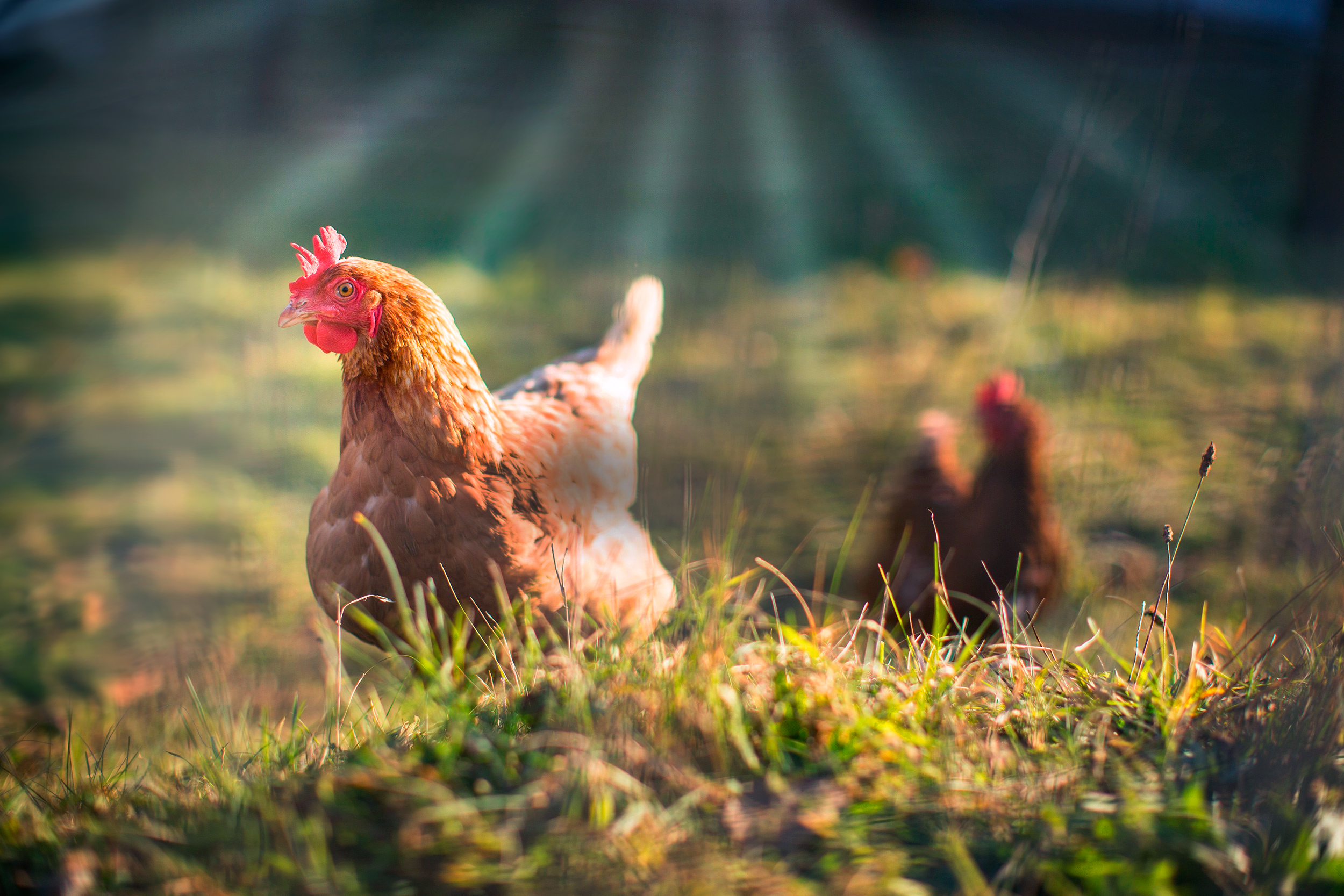
Free Range Q&A
What does "free range" mean?
The key difference between free range and other egg farming methods is that hens are kept in natural conditions with freedom to have access to the outdoors. The hens are housed in sheds fitted with nest boxes and perches, and birds are able to access the outdoors through pop-holes in the shed walls.
How do I know if Coulston Hill free range eggs are genuine free range eggs?
Coulston Hill Free Range Eggs are only produced on farms that have independent audits to ensure free range standards are met.
How do I know Coulston Hill free range eggs are fresh?
Coulston Hill Free Range packs and dispatches daily our eggs daily to ensure the eggs are fresh when the reach the markets. We use a best before date of 35 days from the date of lay and packing.
What do Coulston Hill Free Range Farm hens eat?
Our hens are fed a natural diet of mixed grains such as corn, wheat, barley and sorghum. This is blended with natural sources of calcium and soya protein to provide a balanced nutritious diet. They also spend their time outdoors foraging wild food such as grass, grubs and insects. Combined the diet is rich and varied ensuring healthy hens and yummy eggs!
Welfare standards
Hens are farmed to meet the requirements under the Code of Welfare (Layer Hens) 2012. Coulston Hill eggs are independently audited to ensure these standards are met by independent recognised audit bodies.
How often do your birds go outside?
Our hens have access to the range areas through pop holes which are doors in the sides of the barns. The pop holes open early in the morning and the hens have free access to the range areas. We close our pop holes late at night (well after dark) to ensure the hens a warm, protected area to roost and sleep.
How many hens per hectare of land?
2500 hens per hectare of outside range area. This is the New Zealand standard under the Code of Welfare (Layer Hens) 2012. This compares favourably with international standards.
Where do they lay their eggs/sleep?
Our hens sleep inside the purpose built barns that have perches for them to rest and sleep on. Eggs are laid in the rows of nest boxes inside the barns and collected daily to ensure they are in the freshest possible condition.
Does the colour of an egg yolk indicate how nutritious it is?
The colour of an egg yolk is determined by the hen’s diet. The more yellow and orange pigments (such as corn, carotenoids etc) there are in the grain fed to a hen, the more vibrant the colour of the yolk will be. It does not reflect the nutrient value in any significant way.
